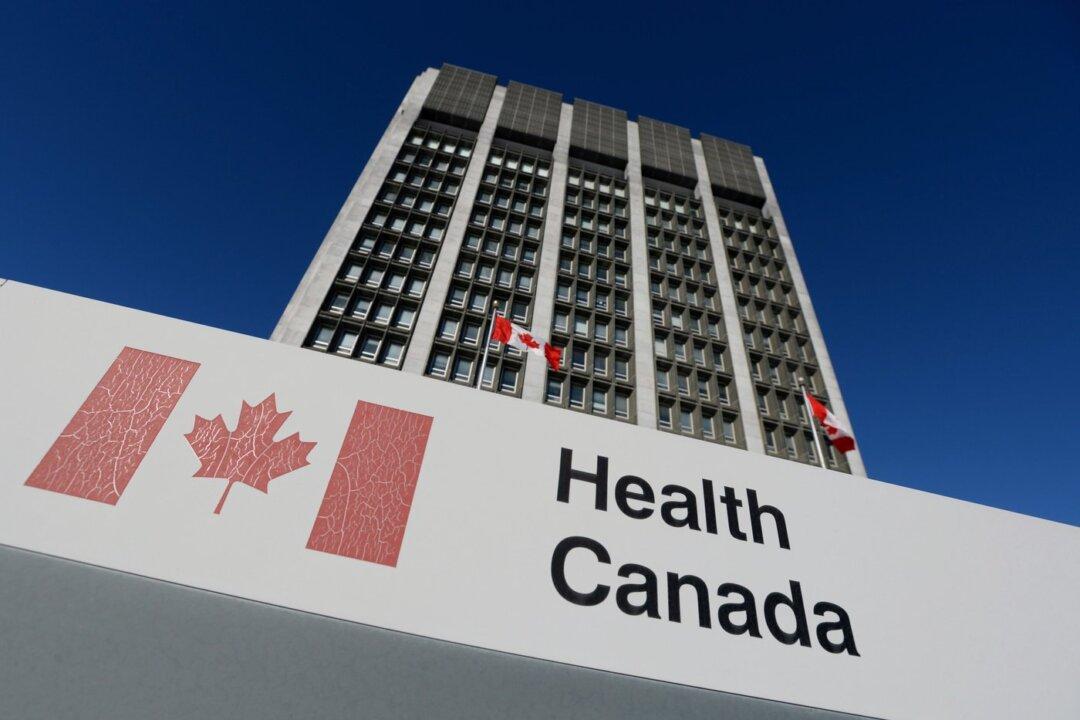A Conservative MP trying to get answers about the COVID-19 vaccines has received only partial responses from Health Canada, including to questions about the presence of a Simian Virus 40 DNA sequence in the Pfizer-BioNTech product.
“Canadians were looking for straight answers during the pandemic in order to make important informed decisions, not only about their health, but the health of their kids,” Tory MP Colin Carrie told The Epoch Times in an interview. “When they give you these word salads back, what I’m concerned about is Canadians’ trust in our institutions.”





